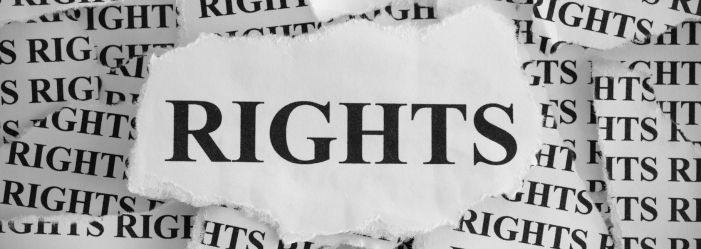Last Updated: April 4, 2024
Debt Collection and Consumer Rights

In an age where our lives are increasingly displayed on platforms like Facebook, the line between public and private narrows, opening new doors for debt collectors to step beyond traditional boundaries.
Imagine discovering a message from a debt collector nestled among updates from friends and family, a stark reminder that your financial obligations are never too far away, even in digital sanctuaries. This intrusion is not just unsettling; it raises critical questions about privacy, ethics, and legality in the digital collection landscape.
In this article, we'll navigate through the murky waters of social media harassment by debt collectors, unpacking your rights under the Fair Debt Collection Practices Act (FDCPA) and arming you with knowledge to protect your digital footprint from unwarranted intrusion.
Not in the mood to read the article? Connect instantly with a debt specialist by clicking here for a free consultation.
Fair Debt Collection Practices Act
Under the Fair Debt Collection Practices Act (FDCPA), debt collectors have some restrictions on how they can use social media to contact debtors.
The Debt collectors must:
- They must send private, direct messages and cannot post publicly where all your contacts can see.
- They must identify themselves as debt collectors.
- They cannot harass or threaten debtors.
- If requested, they must provide an opt-out method to stop social media contact.
- They cannot contact debtors who have legal representation or have filed for bankruptcy.
Common Harassment Tactics of Debt Collectors
Some common harassment tactics debt collectors could attempt on social media that violate FDCPA.
Examples:
- Posting public comments about the debt to shame the debtor - this kind of public shaming is
one of the worst tactics debt collectors can use.
- Contacting the debtor's friends and family about the debt.
- Using a fake profile to try to "friend" the debtor and gain access.
- Lying or posing as someone else to get the debtor's contact information.
- Making false threats about legal consequences for not paying the debt.
Protect Yourself on Social Media
There are various ways to protect yourself on social media:
- Review and tighten your privacy settings.
- Be selective about who you accept friend requests from.
- Don't accept requests from people you don't know.
- Don't post sensitive personal or contact information publicly.
- If harassed, report the debt collector to the FTC and CFPB.
- Consult a consumer rights lawyer if you have concerns.
A recent article on MSNBC underscored the lengths that some debt collectors will go to collect a debt.
While many debt collectors are professionals who abide by Fair Debt Collection Practices Act, this article points to the more sinister underbelly of the collections world where harassment and fear are used as primary tactics for debt collection. These tactics are now being used in the form of social media and consumers would be wise to be extra cautious as to what information they divulge on sites such as Facebook.
Pacific Debt prides itself on assisting clients who are being harassed by debt collectors. While we can not put a stop to legal collection calls, we can assist you with harassment by contacting the creditors and providing them a contact number they can use for a status update on your account. Our goal is to reach a fair settlement with each of your creditors as quickly as possible.
If you are struggling with credit card debt please call us today at 1-877-722-3328 and one of our debt consultants will review with you all of your options and determine if we have a solution appropriate for your needs.
FAQs
Conclusion
Social media can be a great tool for connecting with others, but also opens up risks of harassment by unscrupulous debt collectors. By understanding consumer protections like the FDCPA, being aware of predatory tactics, and taking steps to safeguard your privacy online, you can avoid potential harassment about debts on social media.
Don't tolerate threats, shaming, or false information from debt collectors online. Know your rights and don't hesitate to report violators. With knowledge and vigilance, you can protect yourself from harassment on social media platforms. The digital world provides many benefits but also requires us to exercise caution when sensitive financial information is involved.
If you are struggling with overwhelming debt and want to explore your relief options, Pacific Debt Relief offers a
free consultation to assess your financial situation. Our debt specialists can provide objective guidance to help find the right debt relief solution.
Reduce Your Credit Card Debt By Up to Half

BBB Reviews | 4.9/5.0 Rating









 Do Not Sell My Personal Information
Do Not Sell My Personal Information